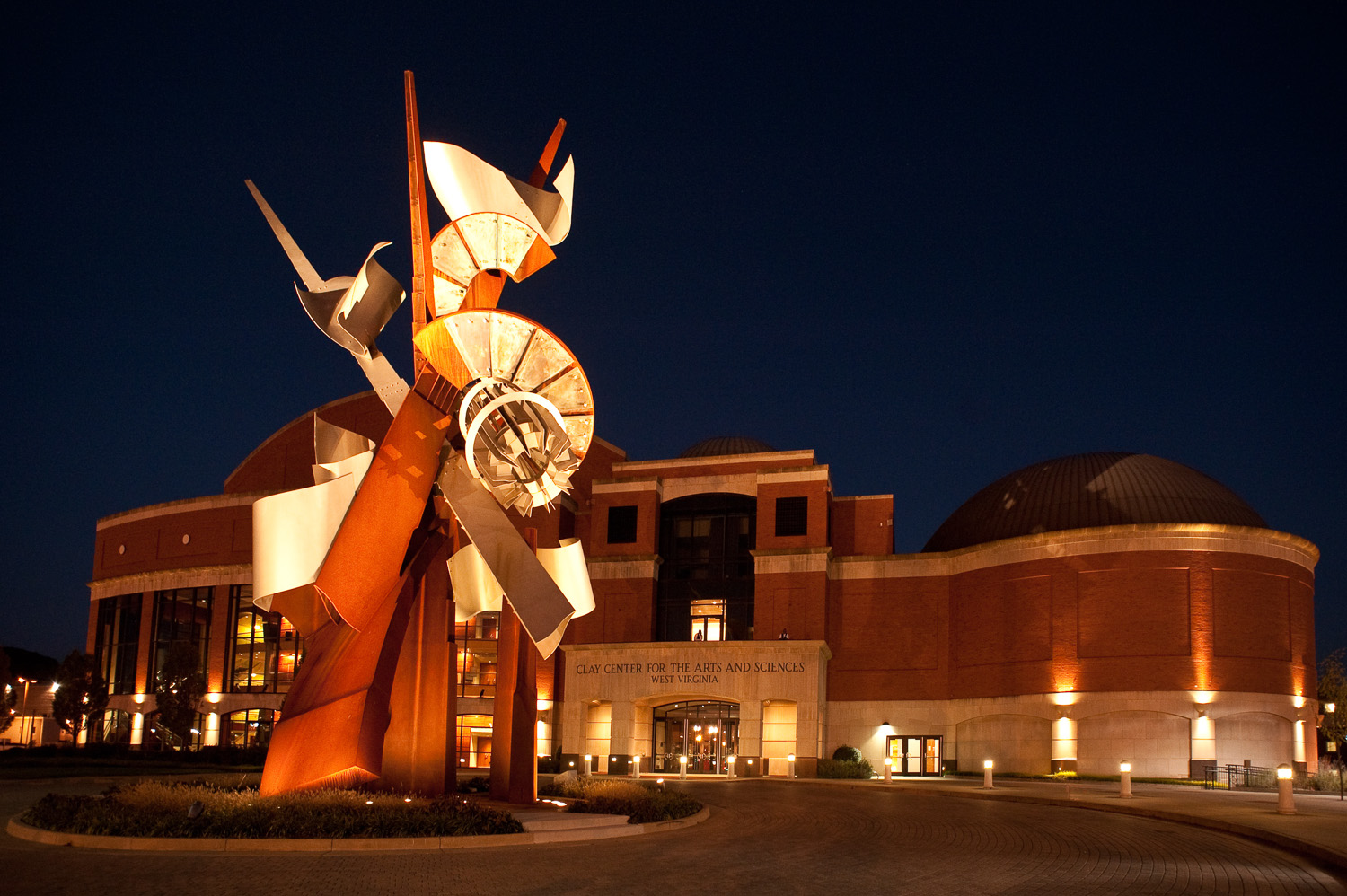
Charleston, W.Va. – The following events happened on these dates in West Virginia history.
To read more, go to e-WV: The West Virginia Encyclopedia at “http://www.wvencyclopedia.org” www.wvencyclopedia.org.
July 9, 1942: An explosion at the Pursglove No. 2 Mine at Scotts Run near Morgantown killed 20 men. It was one of three fatal accidents at the mining operation in an eight-month period.
July 9, 1989: Treasurer A. James Manchin resigned after being impeached. With a stock market downturn in 1987, Manchin bore much of the blame when the state lost nearly $300 million in investments for which he was responsible.
July 10, 1936: The temperature in Martinsburg reached 112 degrees. It tied the record for hottest temperature on record, which had been set August 4, 1930, at Moorefield.
July 11, 1861: The Battle of Rich Mountain was fought in Randolph County. Union troops under the command of General George McClellan defeated Confederate forces.
July 11, 1867: John Jacob Cornwell was born on a farm in Ritchie County. He served as the 15th governor of West Virginia.
July 11, 1976: Gov. Arch Moore dedicated the West Virginia Culture Center. The structure was built to showcase the Mountain State’s artistic, cultural, and historic heritage.
July 12, 2003: The Clay Center for the Arts & Sciences in downtown Charleston opened to the public. More than 50,000 schoolchildren from 50 West Virginia counties and 21 counties in surrounding states visit the center each year.
July 13, 1861: The Battle of Corricks Ford took place in Tucker County. Confederate Gen. Robert S. Garnett was killed. He was the first Confederate general killed in the Civil War.
July 14, 1861: Union troops under Gen. Jacob Cox drove Confederate militia and cavalry out of Barboursville during the Battle of Barboursville. Union forces remained in control of Barboursville for the remainder of the war.
July 15, 1886: Congressman Cleveland Monroe ‘‘Cleve’’ Bailey was born on a farm in Pleasants County. He represented West Virginia’s third congressional district for eight terms in the U.S. House of Representatives, 1945–47 and 1949–63.
July 15, 1988: Interstate 64 was completed when the final section between Sam Black Church and the West Virginia Turnpike was opened to traffic.
e-WV: The West Virginia Encyclopedia is a project of the West Virginia Humanities Council. For more information contact the West Virginia Humanities Council, 1310 Kanawha Blvd. E., Charleston, WV 25301; (304) 346-8500; or visit e-WV at http://www.wvencyclopedia.org




